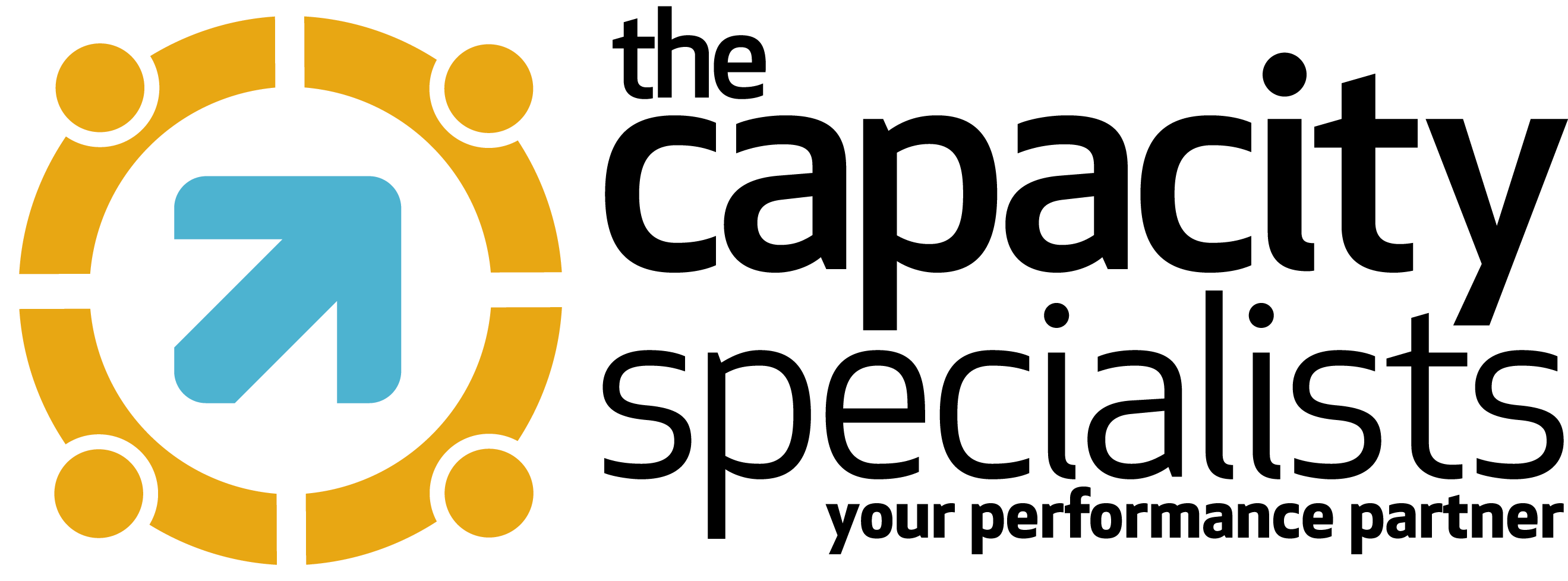Social Sustainability in Cambodia: Examples of Business Success
In Cambodia’s vibrant business landscape, social sustainability is the backbone of business longevity.
The market is currently plagued by high turnover of staff due to comparatively lower earnings to spending power for the majority of the workforce, low levels of soft and technical skills as well as growing international sustainability and ESG pressures on exporters.
By prioritizing social impact, businesses can unlock tangible benefits that not only contribute to society but also foster long-term growth and profitability.
In this article, we will explore real examples of how businesses in Cambodia have leveraged social sustainability to achieve remarkable results. Through these inspiring case studies, we aim to demonstrate the commercial benefits and transformative potential of social sustainability in the Cambodian context.
The Commercial Benefits of Social Sustainability in Cambodia
Social sustainability is a critical factor for businesses in Cambodia seeking to achieve business stability while driving success. Let’s examine actual examples of how social sustainability initiatives have contributed to business growth and positive impact.
Enhancing Brand Reputation:
Case Study: Fairsew
Fairsew is a sustainable fashion manufacturing company in Cambodia that has prioritized social sustainability in its operations. By implementing fair labor practices, ensuring safe working conditions, and promoting environmental stewardship, the company has cultivated a strong brand reputation for ethical manufacturing from Europe to the US and from Asia to Australia. This commitment has resonated with conscious consumers both locally and internationally, leading to increased brand loyalty and market share as well as lower employee turnover.
Strengthening Supply Chains:
Case Study: Farm to Table
Farm to Table, is a successful restaurant and eatery in Cambodia, showcasing the power of social sustainability in supply chain optimization and succession planning. By adhering to sustainable farming practices, prioritizing succession planning, and promoting fair trade principles, Farm to Table has developed a robust supply chain whilst ensuring their leadership team was able to progress into other endeavours. This has not only ensured a consistent supply of high-quality organic produce but has also attracted environmentally conscious customers and strategic partnerships with local businesses.
Attracting Impact Investors:
Case Study: Platform Impact
Platform Impact Cambodia (IVC), an impact investment firm operating in Cambodia, recognizes the potential of social sustainability in driving positive change. By investing in businesses that prioritize social and environmental outcomes, IVC has attracted impact investors seeking both financial returns and social impact. This infusion of capital has enabled businesses to scale their operations, expand their reach, and create greater social value.
Fostering A Community that Generates Economic Value:
Case Study: Slaprea, Cambodia’s Biggest Food Festivals
Slaprea, Cambodia’s Biggest Food Festivals, is on a zero-waste journey that exemplifies the power of social sustainability in fostering customer loyalty and market differentiation. By prioritizing local vendor success through customer-centric policies such as providing rebates for vendors, customer service training, good health & safety practices and reducing food waste, the festival has wow-ed festival goers and helped to grow from 12,000 attendees to nearly 200,000 attendees in the space of 5 years.
Slaprea uses volunteers as 80% of its labour force, ensuring a dignified working and learning experience through the provision of allowance, food, training and community bonding inductions at the local trampoline park, Fly Phnom Penh. This has led to a rapidly growing customer base, positive word-of-mouth recommendations, and a unique positioning in the competitive food and beverage market.
Implementing Social Sustainability in Cambodia: Key Strategies and Best Practices
To unlock the commercial benefits of social sustainability in Cambodia, businesses can adopt the following strategies and best practices:
Collaboration and Partnerships:
Collaboration and partnerships play a crucial role in driving social sustainability in Cambodia as it can be very expensive to do everything on your own. By forging collaborations with local communities, NGOs, and industry peers, businesses can leverage collective knowledge, resources, and expertise to address social and environmental challenges effectively. These partnerships also enable businesses to co-create innovative and sustainable solutions that have a broader and more meaningful impact on society and their mutual customer bases.
How do you know if your efforts are truly collaborative?
They’re typically relationships where partners and their points of contact can say they feel safe and comfortable being vulnerable around one another. There’s a mutual understanding that there will not be underhanded activities that may undermine the other partner without communication and problem-solving first, such as an incumbent party undercutting pricing or volumes or if certain instances of the partnership fail on rare occasions.
There is a sincere effort to work together.
An example is Slaprea, Cambodia’s Biggest Food Festival. The volunteer workforce is representative of the event attendees and even the vendors! They’re asked in open sessions to co-design and troubleshoot issues together in open meetings where everyone is invited and highly encouraged to contribute. It is well known that the volunteer and vendor ‘Slaprea group chats’ on Telegram (an instant messaging platform) are radically honest spaces where tough and sometimes very hard feedback is welcome in order to debate and process developments for the festival. This is a testament to The Idea Consultancy who founded and organise Slaprea, and live by their motto where “I’m successful, when you’re successful.”
Employee Empowerment and Well-being:
Investing in employee well-being is not only a moral imperative but also a strategic business decision. By providing fair wages, safe working conditions, and opportunities for professional development, businesses in Cambodia can empower their employees and create a positive work environment. Empowered employees are more engaged, motivated, and productive, leading to improved business outcomes.
Additionally, promoting work-life balance, offering training and skill development programs, and fostering a supportive company culture contribute to the overall well-being and satisfaction of employees. When employees feel valued and supported, they become ambassadors for the organization’s social sustainability initiatives, driving positive change both within and outside the workplace.
How do you know when your employees are empowered and engaged?
One activity which validates their engagement is when they actively ask for feedback.
- You don’t have to worry about ‘buy-in’ – they’re already thinking about improving and thus asking for your opinion.
- They typically perform better, as alignment on both work performance and strategic progress occurs more often, and the employee gets more validation and guidance that they’re on the right track.
- They’re self-aware, they can compare their current situation with projected progress for the company and ask – “Where are we now? And how well are we doing?”
- An engaged employee who will actively ask for feedback feels safe and typically well-rested enough to do so, all signs of a great work environment and leadership.
Responsible Sourcing and Community Engagement:
Responsible sourcing is a key aspect of social sustainability in Cambodia. By partnering with local suppliers and producers who adhere to sustainable practices, businesses can ensure that their supply chains are more reliable and deliver great quality while being socially and environmentally responsible. This involves sourcing materials and ingredients from suppliers who prioritize fair trade, ethical labour practices, and environmental stewardship.
By engaging with local communities, businesses can create positive social impact and contribute to community development. This can be achieved through initiatives that support education, health, and environmental conservation. By involving the community in decision-making processes and actively seeking their feedback, businesses can foster trust, build stronger relationships, and ensure that their social sustainability efforts align with the needs and aspirations of the local population.
How do you know when you’re responsibly sourcing?
When you have evolved your procurement processes outside of looking for only pricing and product quality. This includes checks and balances which consider:
- Product life cycle analyses
- Company reputation,
- Certifications
- Sustainability reporting and measures
- And most importantly, transparency in their operations and value chains
An important step to take is doing your due diligence and engaging with their references as well as doing a site visit to ensure your supplier is doing things right, while doing the right thing.
Your product is only as good as your ingredients, responsible sourcing will only help improve what you’re allowing into your value chain.
Transparent Communication and Stakeholder Engagement:
Transparent communication is essential for businesses to build trust and engage stakeholders effectively. By openly sharing information about their social sustainability efforts, businesses can demonstrate accountability, inspire confidence, and foster a sense of shared responsibility.
This type of storytelling is a powerful tool for communicating the positive impact of social sustainability initiatives, highlighting the stories of individuals and communities positively affected by these efforts.
Engaging stakeholders, including customers, employees, investors, and local communities, through dialogue, feedback sessions, and collaborative projects, ensures that business decisions and practices align with the expectations and values of these key stakeholders. This engagement fosters a sense of ownership and shared purpose, driving collective action and creating a positive impact on society.
How do you know when you’re communicating transparently and when stakeholders are engaged?
When there is earned trust.
A time and conflict-tested system and process is where trust has been organically earned through the delivery of communicated promises and accessibility of information and practices. This does not mean confidential information must be shared, such as IP or recipes. It should be interpreted as business integrity where even during tough times, your customers and community will be able to validate, participate and have meaningful dialogue with your organization, knowing that their interests are always considered and protected.
Effective Social Sustainability in Cambodia
The real-life examples of Fairsew, Farm to Table, Platform Impact and Slaprea demonstrate the transformative power of social sustainability in driving business success in Cambodia. By prioritizing ethical practices, fostering supply chain resilience, attracting impact investors, and fostering customer loyalty, businesses can create positive social impact while securing a competitive advantage in the market.
To embark on a journey of social sustainability and drive business success in Cambodia, consider participating in our Achieving Social Sustainability Training Program. Discover how your business can make a difference and thrive in the dynamic Cambodian business landscape.
Would you like help to get your people aligned and ready for your Social Sustainability Journey? Contact us by sending a message here, sending an email to results@thecapacityspecialists.com or calling 087 484 808 or 061 722 233.
Galeno Chua is a Strategist, Sustainability Consultant, Coach & Behavioural Change Specialist from New Zealand with more than 15 years of experience.
Related Posts
Leave a Reply Cancel reply
Categories
- Uncategorized (12)




